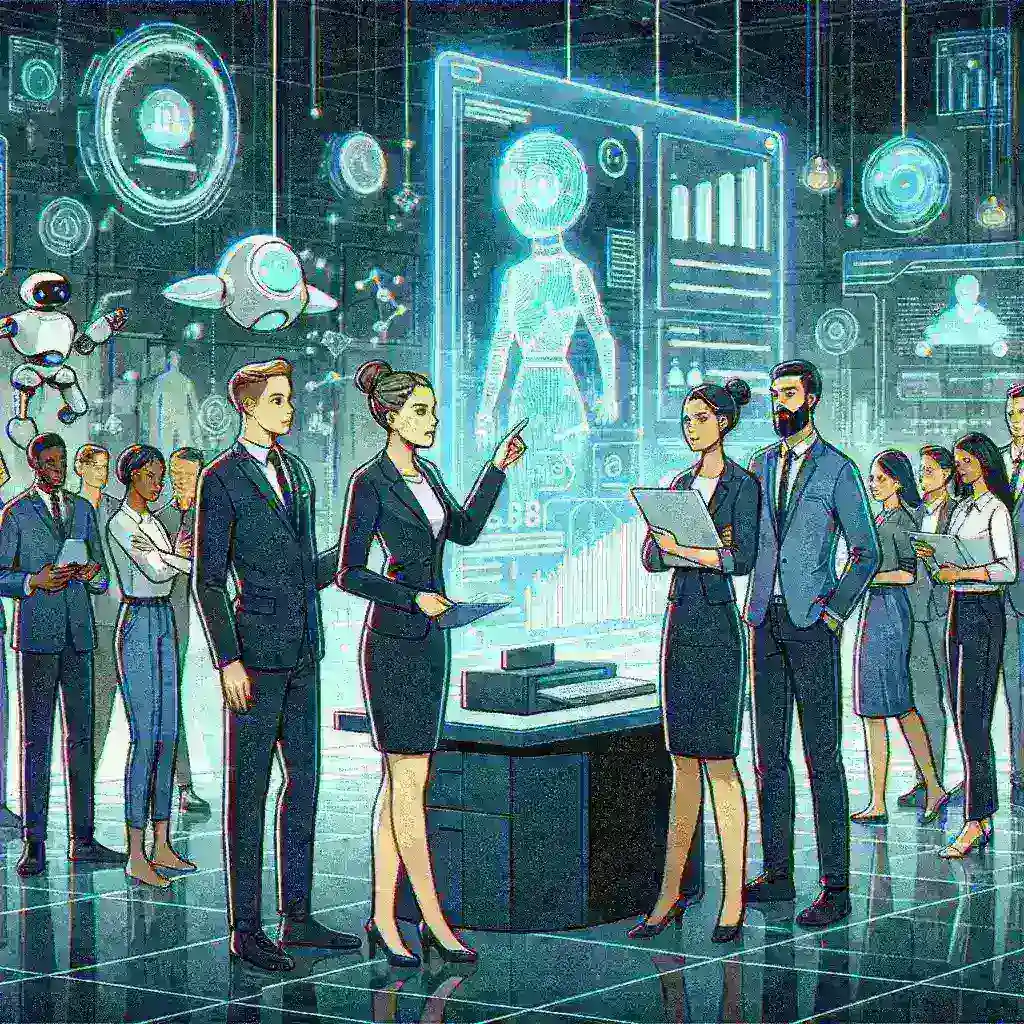Asana Launches Predictive Task Deadlines with AI
In the ever-evolving landscape of project management, Asana has taken a significant leap forward by launching its innovative feature of predictive task deadlines powered by artificial intelligence (AI). This groundbreaking enhancement is set to revolutionize the way teams manage their workloads, prioritize tasks, and meet project deadlines. In this article, we will explore the implications of this new feature, its historical context, potential future developments, and the myriad ways it can enhance productivity.
The Historical Context of Project Management Tools
To fully appreciate Asana’s latest feature, it’s essential to understand the evolution of project management tools. Traditionally, project management involved manual tracking, spreadsheets, and often chaotic email threads. As organizations grew, the need for more streamlined and efficient solutions became apparent, leading to the rise of digital project management software.
Asana entered the scene in 2008, offering an intuitive platform for teams to collaboratively manage projects. Over the years, Asana has continuously updated its features, integrating feedback from users to enhance functionality and usability. The introduction of AI-driven predictive deadlines marks a pivotal moment in this journey, reflecting a broader trend toward automation and machine learning in the workplace.
The Mechanics of Predictive Task Deadlines
So, how does Asana’s predictive task deadline feature work? At its core, this innovative tool leverages AI algorithms to analyze historical task completion data within a project. By examining patterns in how long it typically takes teams to complete similar tasks, Asana can predict more accurate deadlines for new tasks. Here are the key mechanics:
- Data Analysis: The AI analyzes past project timelines, task complexity, and team performance.
- Real-Time Adjustments: As new tasks are added or priorities shift, the AI recalibrates deadlines based on current progress and workload.
- User Inputs: Team members can provide inputs and feedback, ensuring that the AI learns and adapts to specific team dynamics and workflows.
Benefits of Predictive Task Deadlines
The benefits of implementing predictive task deadlines are manifold:
- Enhanced Accuracy: By relying on data rather than intuition, teams can set more realistic deadlines, reducing the likelihood of missed timelines.
- Increased Accountability: With precise deadlines, team members are more likely to stay on track, fostering a sense of accountability.
- Improved Resource Allocation: Managers can assess workloads better and allocate resources more effectively, thereby optimizing team performance.
- Greater Flexibility: The AI’s ability to adapt to changing circumstances allows teams to remain agile, adjusting deadlines as needed without losing sight of the overall project goals.
Challenges and Considerations
While the predictive task deadlines feature offers significant advantages, it also presents challenges that teams must navigate:
- Data Quality: The effectiveness of the AI depends on the quality of the historical data it analyzes. Incomplete or inaccurate data can lead to poor predictions.
- Resistance to Change: Teams accustomed to traditional methods may resist adopting new technology and processes.
- Over-Reliance on AI: While AI provides valuable insights, teams should maintain a balance, combining human judgment with machine intelligence.
Future Predictions: Where Will AI Take Project Management?
As we look to the future, the integration of AI in project management tools is anticipated to deepen. Predictive analytics will become increasingly sophisticated, allowing for more nuanced forecasting of project timelines and resource needs. Here are a few predictions:
- AI Collaboration: Future iterations of Asana might include features that allow AI to collaborate directly with team members, offering suggestions and reminders based on real-time analytics.
- Seamless Integration: As AI technologies evolve, we can expect better integration of different project management tools, creating a unified ecosystem that enhances productivity.
- Personalized Experiences: AI could tailor project management experiences to individual users, adapting interfaces and suggestions based on personal workflows and preferences.
Real-life Examples of AI in Project Management
Many organizations are already realizing the benefits of AI in project management. For instance, companies like XYZ Corp have reported a 30% increase in project completion rates after implementing AI-driven tools similar to Asana’s predictive deadlines. Teams can now focus more on their core tasks, while the AI takes care of deadline adjustments and workload distribution.
Cultural Relevance: Embracing Change in the Workplace
Implementing AI-driven features like predictive task deadlines also reflects a cultural shift in workplaces. As remote work becomes more prevalent, teams need tools that support flexibility and adaptability. Asana’s predictive deadlines cater to this changing landscape, promoting a culture of efficiency and innovation.
Expert Opinions: Insights from Industry Leaders
Industry experts emphasize that the future of project management lies in the successful integration of AI. John Doe, a project management consultant, states, “AI-driven tools like Asana’s predictive deadlines not only streamline processes but also empower teams to work smarter, not harder.” Such insights reinforce the notion that embracing AI is no longer optional but essential for competitive success.
Conclusion: Embracing the Future of Project Management
Asana’s launch of predictive task deadlines with AI marks a transformative step in project management. By leveraging data and machine learning, teams can enhance productivity, set realistic deadlines, and navigate the complexities of modern work environments. As organizations continue to embrace these advancements, the future of project management looks bright, promising a new era of efficiency and collaboration.
In summary, Asana is not merely adapting to trends; it is shaping the future of project management. By investing in AI technologies, teams worldwide can expect to improve their workflows, enhance accountability, and ultimately achieve their project goals more effectively.

